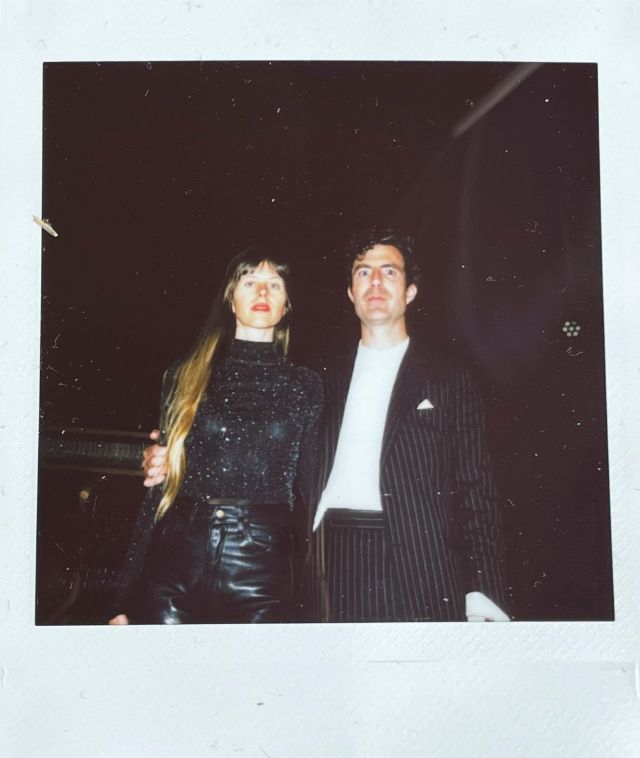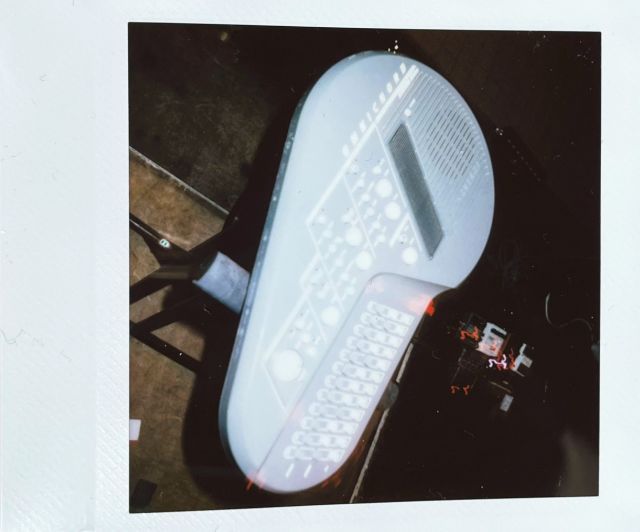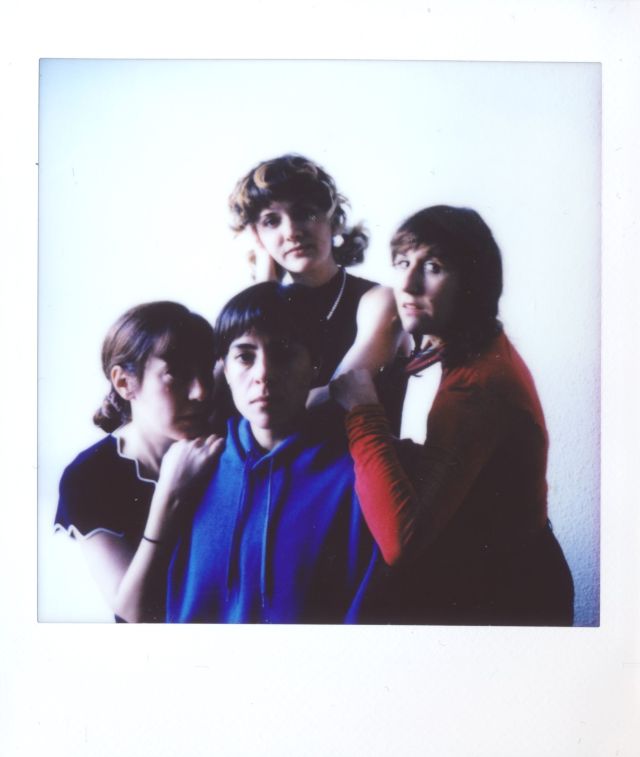Feministisches Streikradio am 14. Juni
14. Juni 2019: Violette Banner hingen von den Fenstern, die Haare waren violett gefärbt und die violetten Shirts übergestreift. Über eine halbe Millione Menschen haben am feministischen Streiktag für ihre Rechte die Schweizer Strassen eingenommen. Mittendrin: Der Zusammenschluss von Community-Radios, die live vom Tag berichteten. Und nun heisst es, auch für uns, time for the next round!
Am 14. Juni spannen Vertreter:innen von Community-Radios in Basel, Aarau, Bern, Chiasso, Genf, Schaffhausen, Winterthur und Zürich zusammen, um dem Feministischen Streik eine laute FINTA*-Stimme zu verleihen! Ab Mitternacht kapern wir die Sendungen und senden während 24 Stunden ein gemeinsames Spezialprogramm auf den Frequenzen der beteiligten Radios: das Feministische Streikradio.
In über zehn Sprachen von Deutsch über Französisch bis Arabisch hörst du Interviews und Beiträge zu Themen wie tiefe Löhne in Frauenberufen, sexualisierte Gewalt, Gendermedizin oder Frauenrechte im Mittleren Osten. Und obviously wird während diesen 24 Stunden nur Musik von FINTA* Personen gespielt. Zwischen 11:00 Uhr und 22:00 Uhr verlagern wir uns auf den Bundesplatz in Bern und senden live aus dem Sendebus vom Feministischen Streik, übertragen Reden und Konzerte und fühlen mit Schaltungen in verschiedene Regionen der Schweiz dem nationalen Streik auf den Puls. Moderiert wird das Radioprogramm von Sendungsmachenden der beteiligten Radios und weiteren Freiwilligen aus der Medienbranche.
Projektleitung für Radio X: Claire Micallef
Folge dem Feministischen Streikradio auf Instagram für Impressionen vom Tag.
Die Beiträge und Reden zum Nachhören

Lael Neale: "Maybe the museums should burn"
A brief interview with American chanteuse Lael Neale on the beauty (& ugliness) of personal experience composed in a universal language, all on the trails of her very own, dead poet society. Some thoughts recorded after attending her gig at DOKA, Amsterdam on a Monday night 19th of may 2025. von Mirco Kaempf
Lael Neale at DOKA, Amsterdam (19th may 2025)
Ein Interview mit der Amerikanischen Liedermacherin Lael Neale, aufgezeichnet im Backstageraum des Volkshotels (Doka) in Amsterdam.
Backstage at Doka, Amsterdam – May 19, 2025
Interviewer: Mirco, you can read another portrait here
You're currently touring your album Altogether Stranger through Europe. With such a busy schedule, I wonder—do you feel more like an alien or a human right now?
Lael Neale: Definitely more like an alien.
You wrote that Altogether Stranger was born from the sensation of returning from rural Virginia to Los Angeles. That contrast—neon lights, noise—made you feel out of place. Now that you’re touring Europe, do the songs feel different here?
That's a great question. I think alienation is everywhere now because of globalization. Driving into Amsterdam, we passed old windmills and then suddenly saw the golden arches of McDonald's. I love Europe—I see it as a place of high art and beauty—but modernity is spreading everywhere. The songs feel universal in that sense. I can feel alienated no matter where I go.
Your songs seem to help people refocus—like walking into a museum. Is that hard for you to maintain, that level of awareness?
Honestly, it's harder for me to lose focus. Being hyper-aware of everything isn't always healthy. There's value in critical thinking, but it can also suffocate you. I try to balance observation and judgment with simply breathing and accepting that there's beauty and ugliness in the world—and sometimes things are just... neutral.
So, would you say music helps you escape, or is it a way to hyper-focus?
Definitely hyper-focus.
The sound on this album has evolved—less centered on the Omnichord and more textured. What role does the Omnichord still play?
It's still my main songwriting tool. Most songs start there. Some were written on guitar or piano, but the Omnichord remains central. The fuller sound on this record is thanks to Guy Blakeslee, who added more arrangements and textures.
The sound has this sharp, compressed quality. Why go for something so raw and edgy instead of more polished?
We consciously chose that sound. We cut a lot of the low end to make the vocals sharp—like a knife. When our mastering engineer, Chris Coady, started softening things, we were like, “No—make it even sharper!” Eventually, he embraced it too. The sound is very intentional.
Would a digital recording by a betrayal to your sound?
We recorded the last two albums on cassette machines for the texture and limitations. For Altogether Stranger, we tried tape again, but the machine kept going out of pitch—it was unusable. We switched to digital, which was hard philosophically, but we recorded everything quickly, in one or two weeks. It still feels raw and alive, and we approached it with the same intention as with tape.
Some lyrics touch on environmental themes—plastic in the ocean, for example. Has your music become more political?
I don’t see environmentalism as political. I want nothing to do with politics—it’s ruining everything. Taking care of the Earth and each other is just common sense. It’s been politicized, which creates unnecessary division. People may agree fundamentally, but the way it’s discussed creates conflict.
That makes me think of your songs as paintings hung in a burning museum—are they there to put the fire out?
Maybe the museums should burn. Maybe we should paint directly on the walls of old buildings. Museums might be over.
Last question: Do you believe in the goodness of human nature?
Yes, I do.
Thank you so much.







.png/jcr:content/magnolia-medium.png)

